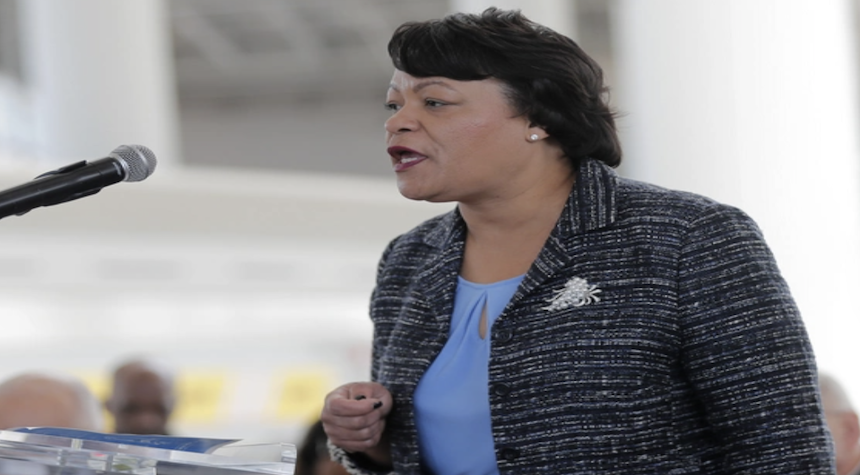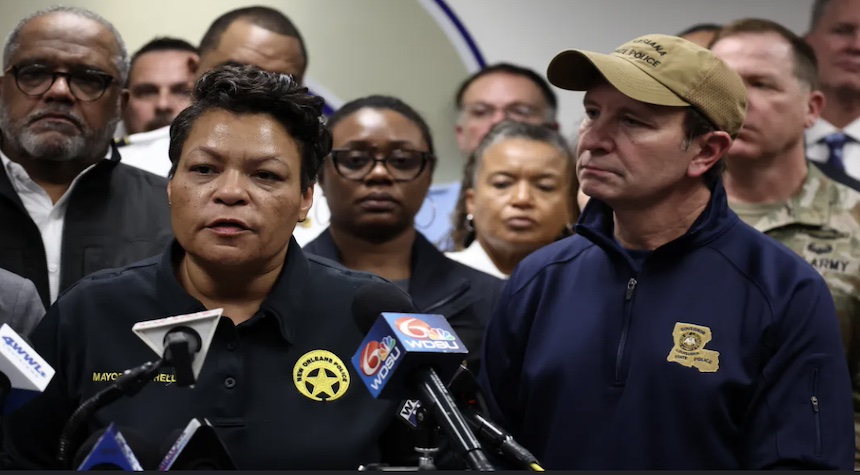New Orleans Mayor LaToya Cantrell finds herself indicted on charges of conspiracy, fraud, and obstruction. The charges, brought forward by prosecutors, point to Cantrell’s alleged concealment of a personal relationship with her bodyguard, Jeffrey Vappie, who is already facing charges of wire fraud and false statements.
Reports indicate that Cantrell, the first female mayor in the 300-year history of New Orleans, has now become the city’s first mayor to face charges while still in office. This development follows earlier reports of Cantrell’s bodyguard, Vappie, being accused of receiving payment even during their rendezvous.

Cantrell and Vappie are accused of using the encrypted messaging service, WhatsApp, to communicate and subsequently delete these exchanges. The mayor and Vappie maintain that their relationship was strictly professional, a claim contradicted by the indictment, which describes their relationship as “personal and intimate.”
The indictment also claims that Cantrell and Vappie engaged in more than 15,000 messages, some of which were allegedly used to harass a citizen, erase evidence, and make false statements to FBI agents. The significance becomes clear when we consider the more than $70,000 of taxpayers’ money that was spent on Vappie’s travel, as indicated in the indictment.
Cantrell and her remaining allies contend that she has been unfairly targeted, with her executive powers undermined. Meanwhile, Acting U.S. Attorney Michael Simpson dismisses these claims, asserting that the allegations represent a profound betrayal of public trust.
This raises important questions about Cantrell’s turbulent second term, during which she faced a recall effort in 2022 and clashed with City Council members. As she approaches the end of her term, Cantrell’s civic profile has receded, marred by self-inflicted wounds and bitter feuds.
The allegations against Mayor Cantrell echo a troubling history of corruption in Louisiana politics, reminding us of former New Orleans Mayor Ray Nagin, who was sentenced in 2014 for bribery, money laundering, among other crimes. As we await further developments in this case, we are once again reminded of the important role of truth and transparency in democratic institutions and processes.

